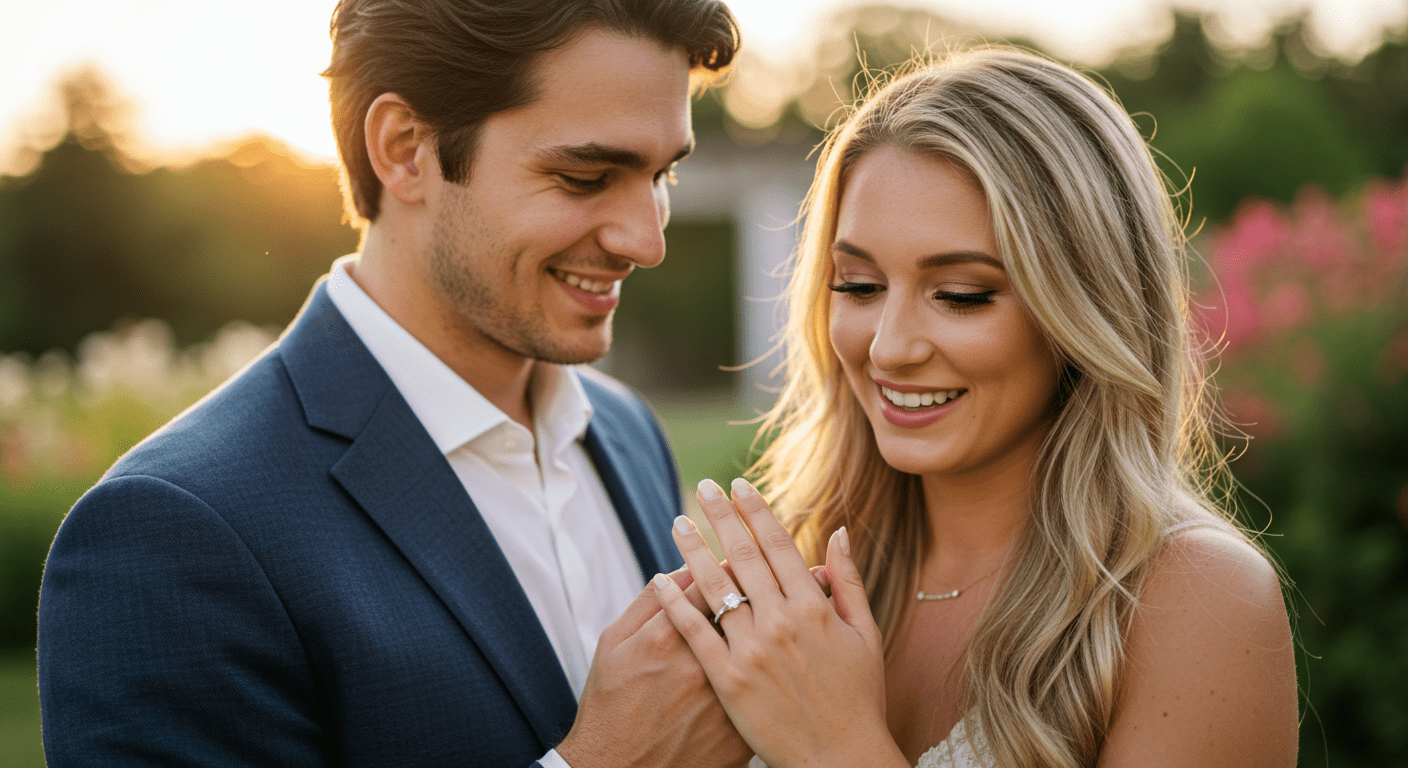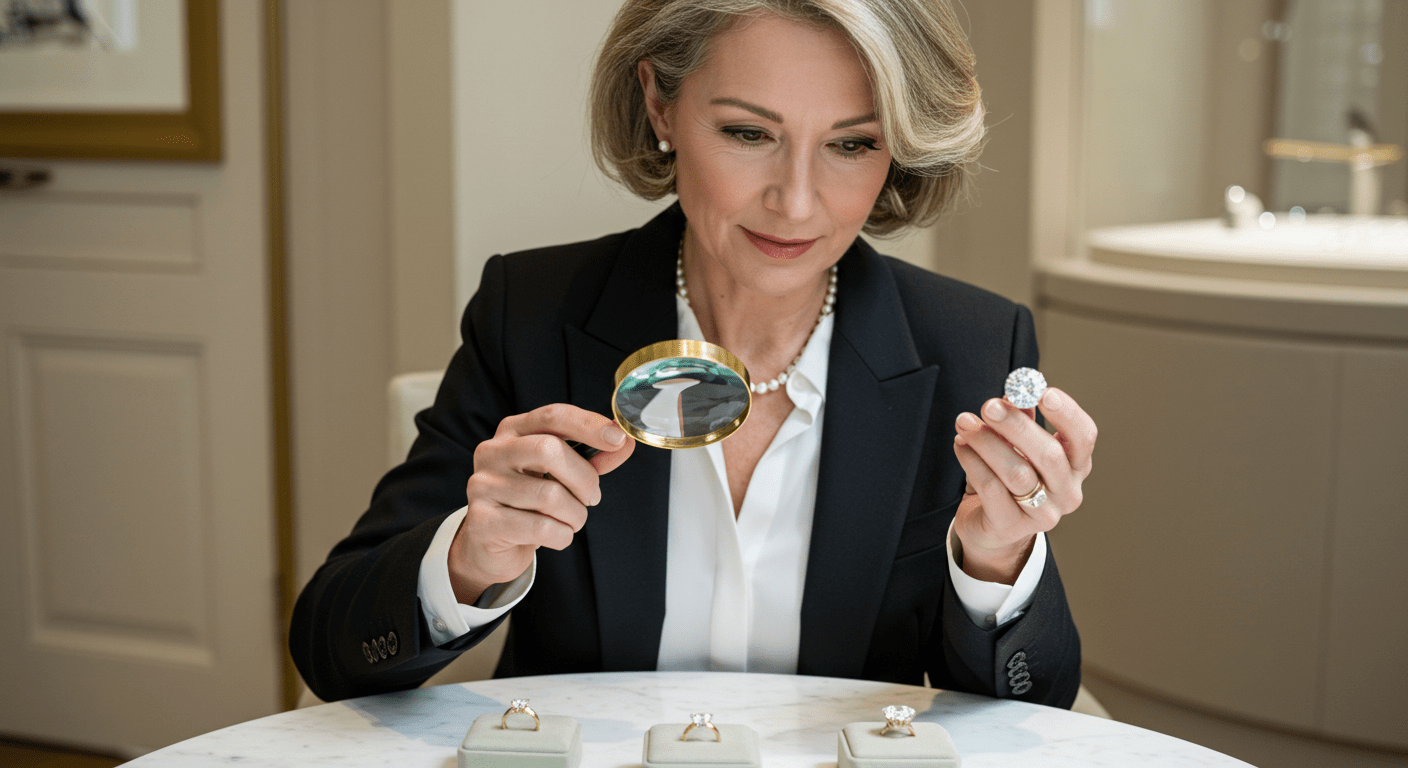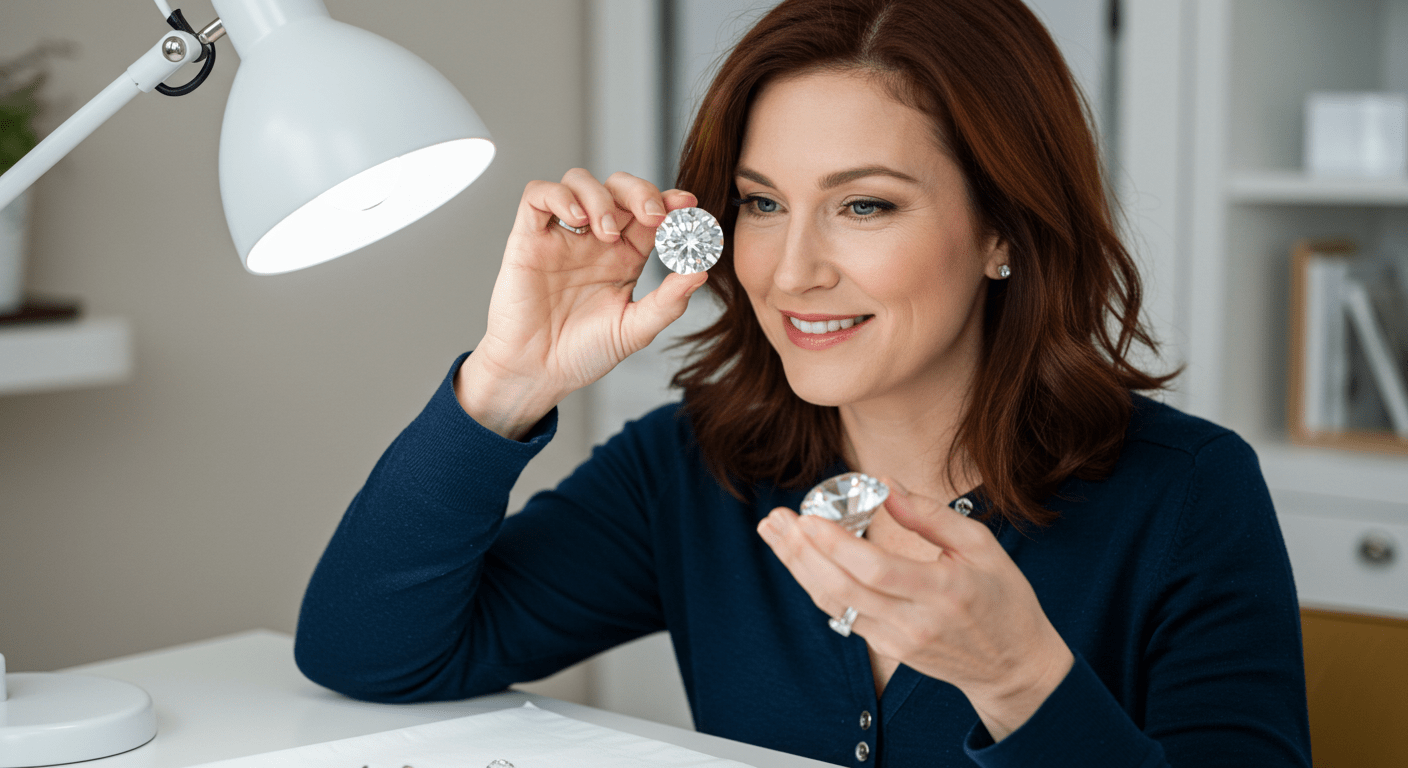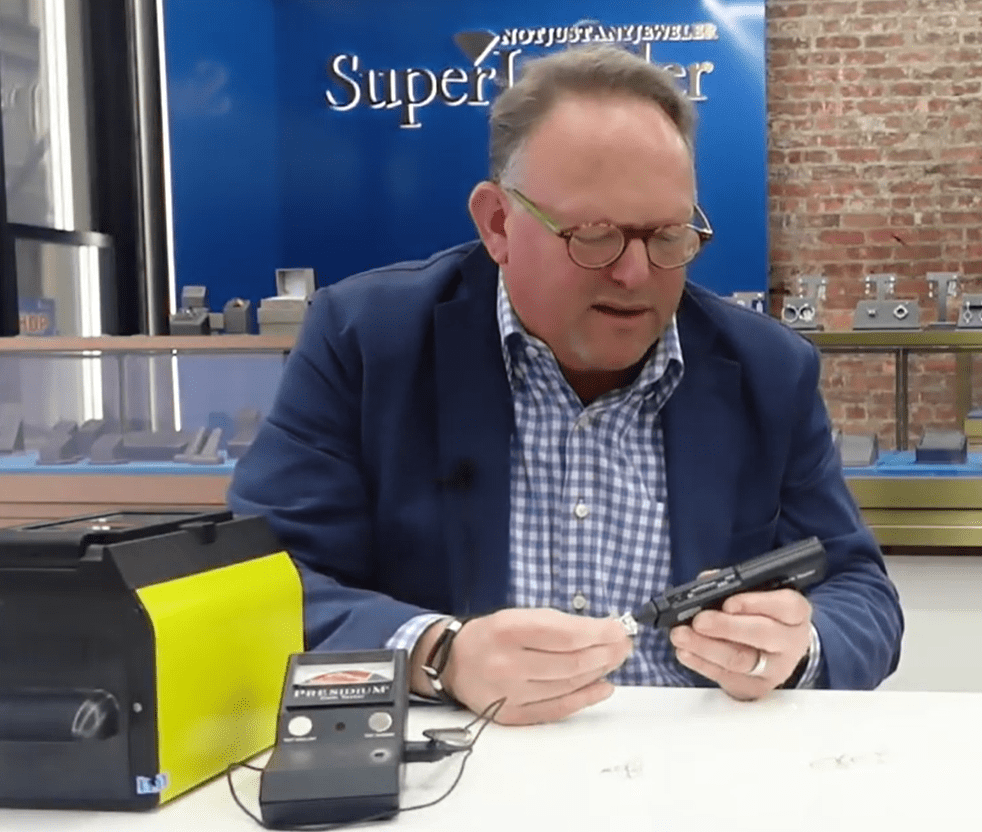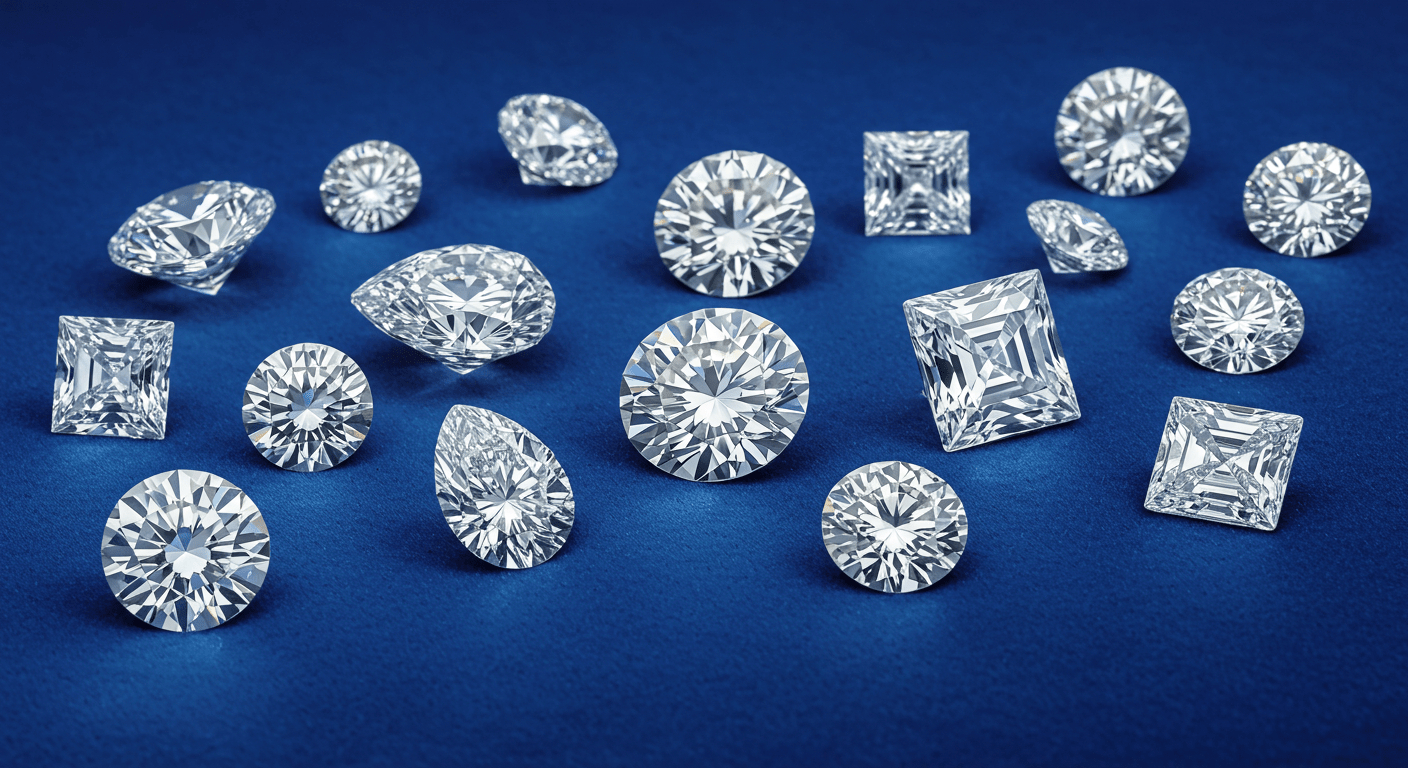Mr. Andrew Fox, CEO of SuperJeweler, explains the truth in detail.
This is one of the most common questions shoppers ask — and it often causes unnecessary confusion. Some jewelers use outdated testers that misread results, leading customers to believe their lab-grown diamond is moissanite. In reality, lab-grown diamonds are 100% real diamonds, and when purchased from a trusted source like SuperJeweler, you can shop with total confidence.
The Customer Experience
SuperJeweler sells hundreds of thousands of pieces of jewelry every year. Sometimes, customers report:
“I bought this ring, went to a jeweler, and my jeweler said it’s moissanite.”
For the customer, that feels devastating. Jewelry is expensive, meaningful, and emotional. To hear you may have been “cheated” is one of the worst feelings.
But here’s the reality:
- SuperJeweler has been in business since 1999.
- In 26 years, the company has sold more than 10 million pieces of jewelry to millions of customers.
- No retailer would risk that reputation over a single $1,000 sale.
Why Some Jewelers Might Mislead You
Local jewelers are in business to sell jewelry. If you walk in with a 2-carat or even a 10-carat lab-grown diamond engagement ring, it’s not in their best interest to say:
“Wow, what an amazing deal — where did you buy it?”
Some jewelers even buy directly from SuperJeweler, but they still have mixed motivations. If they can’t sell you something, they’re not making money.
Lab vs. Natural Diamonds
- Lab-grown diamonds are not the same as natural diamonds.
- Anyone who says “nobody can tell the difference” Isn’t telling the full truth.
Having graded diamonds since childhood, he explains:
- Lab diamond inclusions: flat, painted-looking.
- Natural diamond inclusions: clump-like knots.
Still, lab-grown diamonds are stunning, affordable, and chemically/physically identical to natural diamonds. Think of it like ice: whether from a glacier or a freezer, it’s still ice.
Pricing and Value
At SuperJeweler, the difference in pricing is dramatic.
- A 2-carat lab diamond ring in 14K gold sells for only $797 — browse here.
- Many jewelers charge $700–800 for just the setting without a diamond.
That’s why customers sometimes think, “This deal is too good to be true.”
Diamond Testers: The Real Problem
This is where the confusion really begins.
- Jewelers often use Presidium testers, once considered the finest brand.
- These devices, now sold for under $10 online, test only thermal conductivity.
- Results vary — sometimes “diamond,” sometimes “moissanite.”
Mr. Fox shows in his video that the same ring can test differently depending on the device or whether it’s warmed up.
Watch the part where he tests multiple lab-grown diamond rings. Some devices show “diamond,” others incorrectly flash “moissanite.”
In short: outdated testers = unreliable results.
A Brief History of Lab-Grown Diamonds
As Mr. Fox explains:
- 1940s – GE grew diamonds for industrial use.
- 1990s–2000s – Russians and Indians developed gem-quality stones.
- For decades, lab diamonds were unknowingly mixed with natural ones.
- 8–9 years ago – The market began openly recognizing them.
- Prices dropped by 80%, then again, then again.
- In 2025, prices for lab diamonds over 5 carats dropped another 60% — see today’s 5-carat deals.
Why Customers Shouldn’t Worry
Mr. Fox reassures buyers:
- A tiny number of retailers or wholesalers may cheat, but the vast majority are honest.
- At SuperJeweler, long-term trust is far more valuable than any single sale.
- Some customers have purchased 100–200 times over more than a decade.
As he emphasizes: “It’s not worth that person seeing feedback that says they sold me a fake diamond.”
Final Thoughts
At the end of the day, the real issue isn’t fraud — it’s outdated technology. Lab-grown diamonds are chemically and physically identical to natural diamonds, yet old testers sometimes mislabel them. That’s why lab-grown diamonds sometimes test as moissanite, even though they are genuine diamonds.
When you buy from a trusted jeweler like SuperJeweler, you can be sure your diamond is authentic, beautiful, and an incredible value. Outdated testers may cause confusion, but the truth is clear: your lab-grown diamond is real, brilliant, and made to last.
Want to learn more? Explore SuperJeweler’s Lab-Grown Diamond Education and shop our exclusive engagement ring collection.
